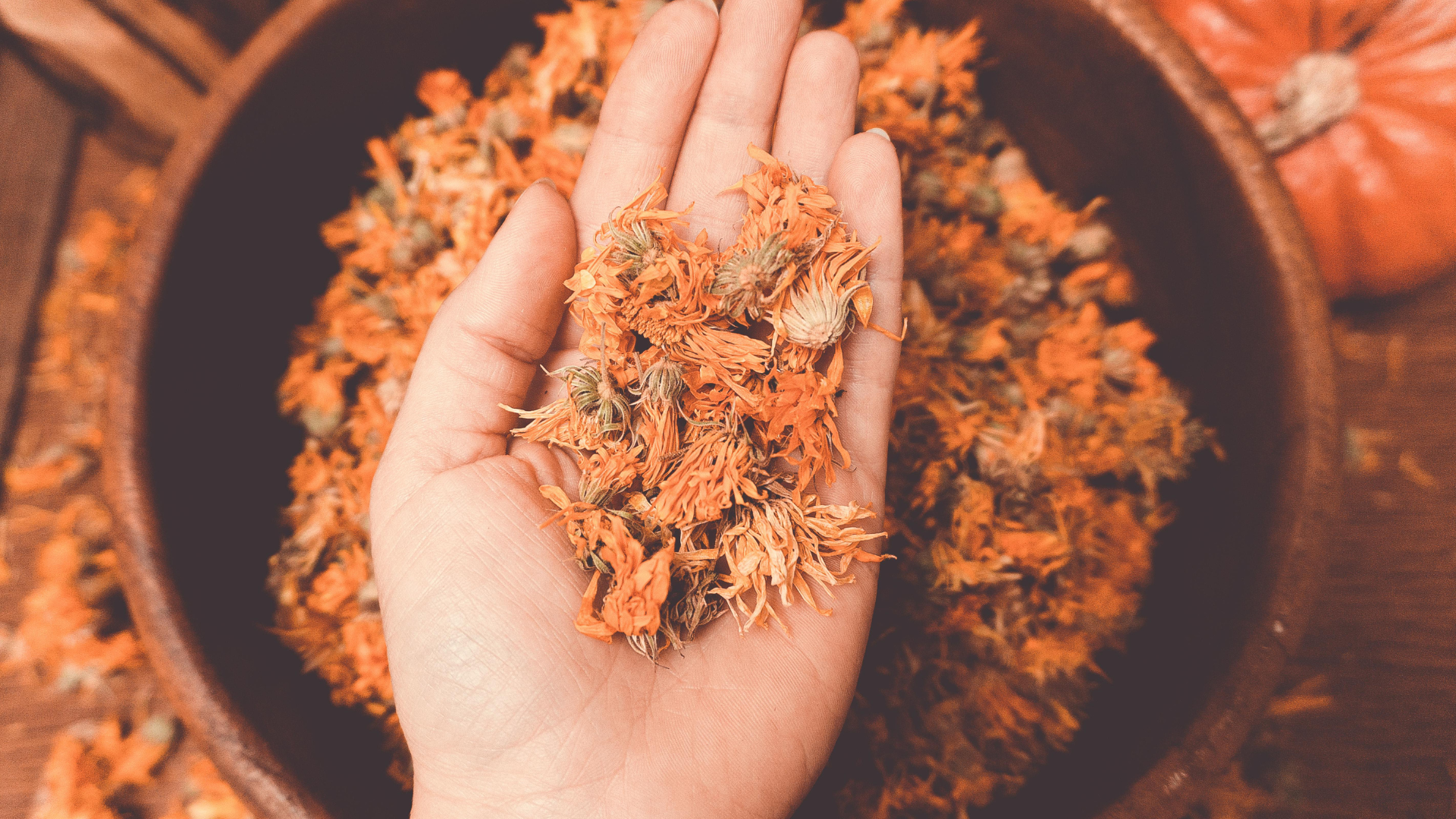Ayurvedic Practices for Healthy Hair: From Root to Tip
Dec 30, 2024
Ayurvedic Practices for Healthy Hair: From Root to Tip
In Ayurveda, healthy hair is seen as a reflection of inner balance and overall well-being. Rather than focusing solely on external treatments, Ayurveda takes a holistic approach to hair care, nourishing the hair from within by balancing the mind, body, and spirit. Whether you’re dealing with dryness, thinning, dandruff, or dullness, Ayurvedic hair care practices provide natural, effective solutions that promote long-lasting health and vitality for your hair—right from the root to the tip.
In this blog, we’ll explore key Ayurvedic practices for maintaining and enhancing hair health, including dietary recommendations, herbal remedies, and lifestyle habits that can help you achieve beautiful, strong, and radiant hair.
Understanding Hair Health in Ayurveda
In Ayurveda, hair health is closely connected to the three doshas—Vata, Pitta, and Kapha. An imbalance in any of these doshas can lead to specific hair issues:
-
Vata Imbalance: Vata governs movement and dryness, and an excess of Vata can lead to dry, brittle, and frizzy hair, as well as hair breakage.
-
Pitta Imbalance: Pitta governs heat and metabolism. When Pitta is imbalanced, it can result in hair thinning, premature graying, and hair loss due to excess heat in the body.
-
Kapha Imbalance: Kapha governs moisture and stability, and when out of balance, it can cause oily scalp, dandruff, and heavy, limp hair.
By understanding your dosha and using Ayurvedic remedies to restore balance, you can address specific hair concerns and promote overall hair health.
1. Nourish from Within with a Dosha-Specific Diet
In Ayurveda, the foundation of healthy hair starts with what you eat. A balanced diet that nourishes your dosha is essential for promoting hair growth, strength, and shine.
-
For Vata Hair: Vata types often experience dry, brittle hair. Incorporating warm, moist, and nourishing foods like root vegetables, whole grains, and healthy fats (ghee, avocados, nuts) can help hydrate the scalp and strengthen hair from within. Avoid excessive caffeine and dry, cold foods.
-
For Pitta Hair: To cool and soothe the fiery Pitta dosha, eat cooling, anti-inflammatory foods like cucumbers, leafy greens, and coconut. Avoid spicy, oily, and fried foods, which can aggravate Pitta and lead to hair thinning and hair loss.
-
For Kapha Hair: Kapha types benefit from light, stimulating foods to balance the excess oil and heaviness often experienced with this dosha. Incorporate plenty of ginger, turmeric, and legumes while minimizing oily, heavy, and sugary foods that can weigh hair down and lead to scalp issues.
Hydration is also critical for healthy hair. Drink plenty of water throughout the day, and incorporate Ayurvedic herbal teas like fennel, ginger, or turmeric to balance your dosha and support scalp health.
2. Massage Your Scalp with Ayurvedic Oils (Abhyanga)
One of the most effective and popular Ayurvedic practices for healthy hair is Abhyanga, or oil massage. Regular scalp massage with dosha-specific oils nourishes the scalp, strengthens the hair roots, improves circulation, and promotes hair growth. It also helps soothe the mind, reducing stress—a key factor in hair health.
-
For Vata Hair: Use warm, heavier oils like sesame oil or almond oil. These oils are deeply hydrating and help combat dryness and frizz.
-
For Pitta Hair: Cooling oils such as coconut oil or bhringraj oil (often referred to as the "king of herbs" for hair) are ideal for soothing an overheated scalp and reducing inflammation and hair thinning.
-
For Kapha Hair: Use lighter, stimulating oils like mustard oil or olive oil to help cleanse the scalp, reduce excess oiliness, and promote circulation.
To perform a scalp massage, warm your chosen oil slightly and apply it to your scalp using your fingertips. Massage in circular motions for 10-15 minutes, focusing on areas where you experience tension or hair thinning. Leave the oil in for at least an hour or overnight before washing it out. Regular oiling (2-3 times a week) can significantly improve hair texture and strength.
3. Use Ayurvedic Herbs for Strong, Shiny Hair
Ayurveda offers a wide range of herbs that can promote hair growth, strengthen the hair shaft, and improve scalp health. These herbs can be used in hair masks, oils, or as internal supplements for holistic hair care.
-
Bhringraj: Known as the “king of hair,” bhringraj is one of the most powerful Ayurvedic herbs for promoting hair growth, preventing hair loss, and preventing premature graying. It can be used as a hair oil or applied as a paste.
-
Amla: Rich in vitamin C, amla (Indian gooseberry) is a rejuvenating herb that strengthens hair follicles, promotes hair growth, and adds shine. You can mix amla powder with water or yogurt to make a nourishing hair mask or consume it as a supplement.
-
Fenugreek (Methi): Fenugreek seeds are packed with proteins and nicotinic acid, which help repair damaged hair and reduce dandruff. You can soak the seeds overnight, grind them into a paste, and apply to your scalp.
-
Brahmi: Brahmi helps nourish the scalp, reduce dryness, and strengthen hair follicles. It can be mixed with oil or used in a hair mask to promote thick, healthy hair.
-
Neem: Neem is an excellent herb for cleansing the scalp and treating dandruff or any fungal infections. It can be used in a paste or as an oil to purify and detoxify the scalp.
4. Cleanse Your Hair with Natural, Gentle Shampoos
Ayurvedic hair care emphasizes using natural, gentle shampoos that cleanse without stripping the scalp’s natural oils. Many commercial shampoos contain harsh chemicals like sulfates and parabens, which can damage hair over time.
Instead, opt for Ayurvedic hair cleansers such as:
-
Reetha (Soapnut): Reetha is a natural cleanser that produces a mild lather and gently removes dirt and oil from the scalp without causing dryness.
-
Shikakai: Known as “hair fruit,” shikakai is a traditional Ayurvedic hair cleanser that strengthens hair and promotes growth. It works as a natural conditioner, leaving hair soft and shiny.
-
Amla: As mentioned earlier, amla can also be used as a hair cleanser to nourish the scalp and prevent hair loss.
These ingredients can be found in powdered form or included in Ayurvedic shampoos and hair cleansers. You can also make your own DIY hair wash by mixing these powders with water to create a gentle paste.
5. Balance Stress for Healthy Hair Growth
Stress is one of the leading contributors to hair problems like thinning, hair loss, and premature graying. Ayurveda places great importance on maintaining a calm and balanced mind to support overall health, including hair health.
To manage stress, incorporate practices like:
-
Yoga and Meditation: Regular yoga and meditation can calm the nervous system, reduce cortisol levels, and improve blood circulation to the scalp, promoting healthy hair growth.
-
Pranayama (Breathwork): Breathing exercises like Nadi Shodhana (Alternate Nostril Breathing) and Ujjayi breath help balance the doshas, calm the mind, and reduce stress—a key factor in maintaining healthy hair.
6. Ayurvedic Hair Masks for Extra Care
In addition to oiling and herbal treatments, Ayurvedic hair masks can deeply nourish and rejuvenate the hair. Here are some simple DIY hair mask recipes based on your dosha:
-
For Dry, Vata Hair: Mix equal parts of yogurt and honey with a tablespoon of sesame oil. Apply to the scalp and hair, leave on for 30 minutes, and rinse. This mask hydrates and softens dry hair.
-
For Thinning, Pitta Hair: Mix 2 tablespoons of amla powder with coconut oil to create a paste. Apply to the scalp and hair, leave on for 30 minutes, and rinse. This mask helps cool the scalp and prevent hair loss.
-
For Oily, Kapha Hair: Mix 2 tablespoons of fenugreek paste with a tablespoon of lemon juice. Apply to the scalp and hair, leave on for 30 minutes, and rinse. This mask helps control excess oil and cleanse the scalp.
Conclusion: Embrace Ayurveda for Strong, Healthy Hair
Ayurvedic hair care is a holistic journey that nurtures your hair from root to tip by focusing on your dosha, lifestyle, and dietary habits. By incorporating these Ayurvedic practices into your routine, you can nourish your scalp, strengthen your hair, and achieve the healthy, radiant locks you desire. Remember, consistency is key—these time-tested rituals can bring long-lasting, transformative results with regular practice.
By embracing Ayurveda, you can cultivate a hair care routine that not only promotes beautiful hair but also supports your overall well-being.





